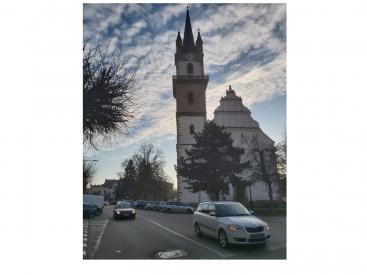The VILAWATT Transfer Mechanism pilot boosts the energy transition process by setting up a public-private-citizen partnership, where citizens and main social actors play a key role. The priority is to increase citizen commitment and sense of belonging to promote a sustainable energy transition process. Main achievements in the Lead Partner city, Viladecans, include citizens got a saying at the Consortium through the associations linked to it, using a participatory strategy, as they did not exist before. When it comes to energy supply, Vilawatt pools the demand for energy and provides energy to all association members (100% Certified Renewable Energy) Faster energy retrofitting of private buildings. In addition, three residential buildings (in an underprivileged district) have received 1,4 M€ investment in a process that has been boosted by the city hall, naturally, the neighbours were part of the decision making process of the retrofitting works.











